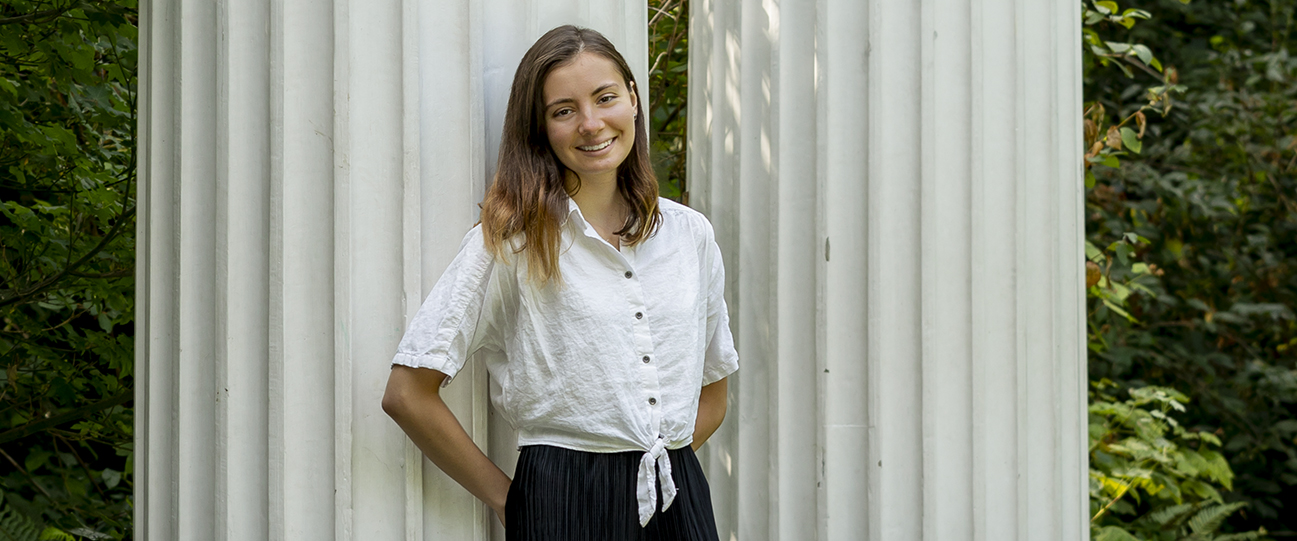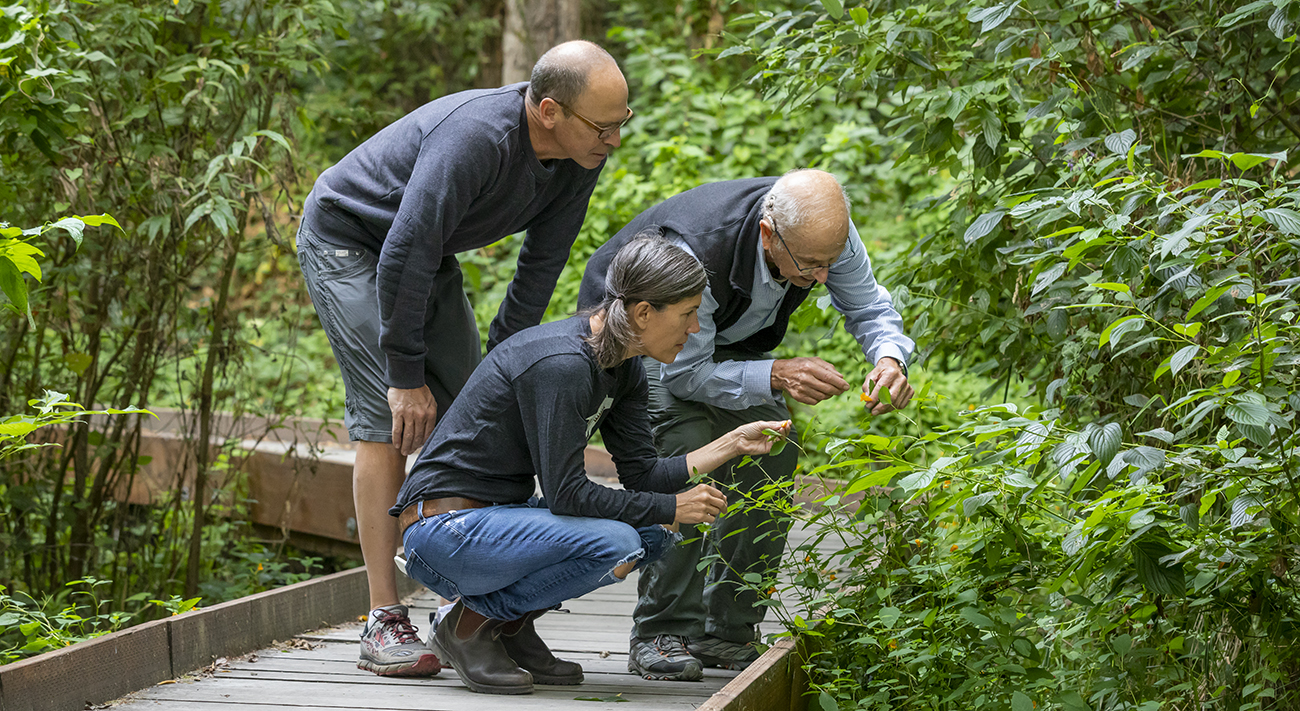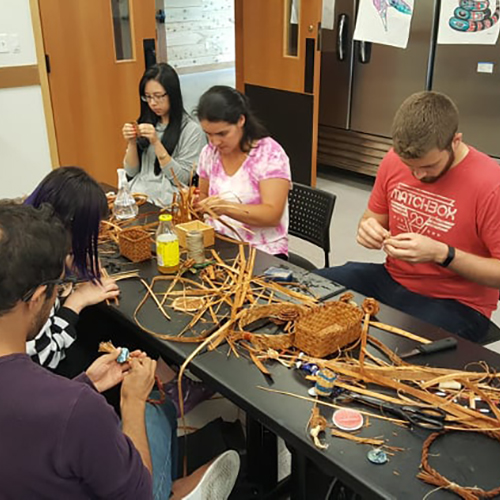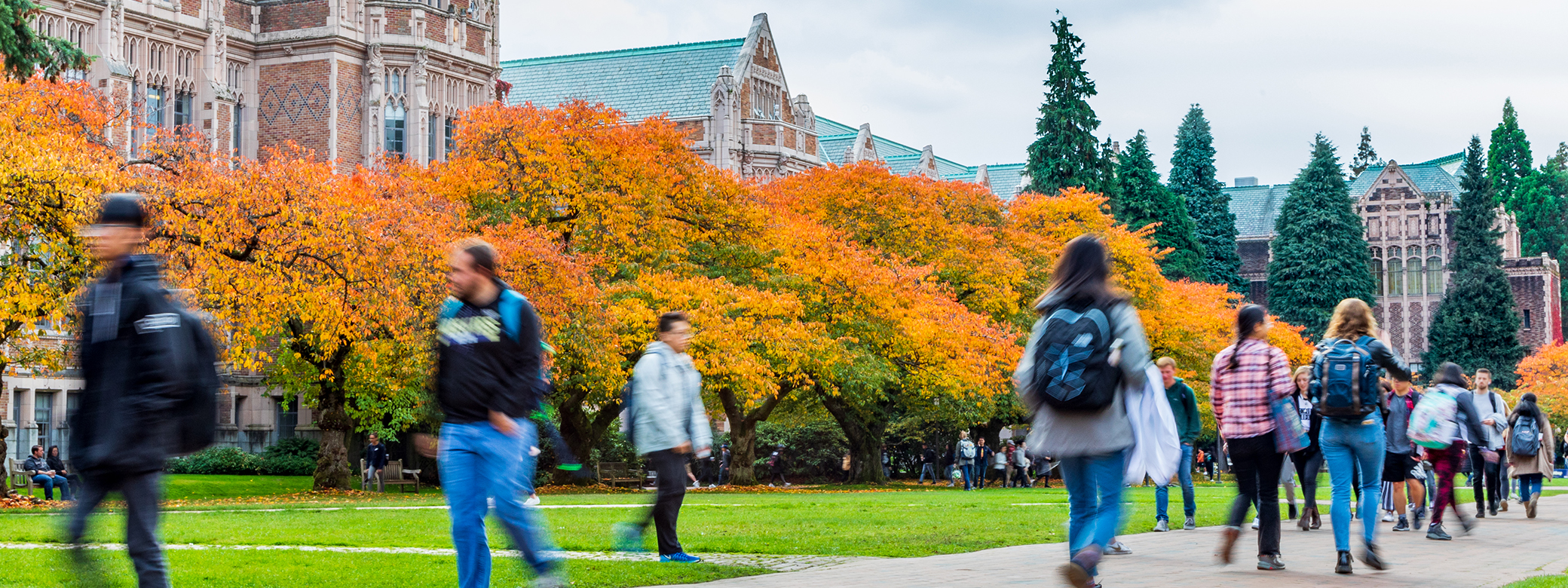-
Even toddlers weigh risks, rewards when making choices
Department of Psychology researchers discover toddlers conduct a form of cost-benefit analysis in deciding whether to help someone.
09/20/2018 | UW News -
How to navigate the Seattle art world on a budget
Seattle isn’t cheap, and that’s not changing anytime soon. But your budget shouldn’t stand in the way of seeing great art. Here’s how.
09/20/2018 | The Seattle Times -
What does Alexandria Ocasio-Ortez think about the South China Sea?
Oped-Ed by Daniel Bessner, Assistant Professor of International Studies | The rising left needs more foreign policy. Here's how it can start.
09/18/2018 | The New York Times -
UW Jackson School centers receive $13.4 million in federal funding to advance understanding of global issues
Funding to support the teaching and study of world regions and foreign languages, and generate public engagement in international affairs.
09/14/2018 | Jackson School for International Studies -
An Artist Pays Homage to Her Glamorous, Dying Mother
A conversation with Mickalene Thomas about her must-see exhibition MUSE at Henry Art Gallery.
09/13/2018 | The Stranger -

Pre-Med, Italian Style
A UW pre-med student explains why her academic major — Italian — will make her a better doctor.
September 2018 Perspectives -

Hidden Seattle Inspires Research
Students in the Summer Institute in the Arts & Humanities dug into Seattle history and unearthed some surprises.
September 2018 Perspectives -

New Building for Most Popular Major
Biology faculty and students will soon fill the UW's new Life Sciences Building along Stevens Way.
September 2018 Perspectives -

A Campaign, A Professorship, an Iguana
Jodi Green and Mike Halperin discuss their personal inspiration for creating an endowed professorship in biology.
September 2018 Perspectives -

A Summer of Indigenous Cultures
In an introductory American Indian Studies course, students left the classroom to learn about Indigenous cultures.
September 2018 Perspectives
